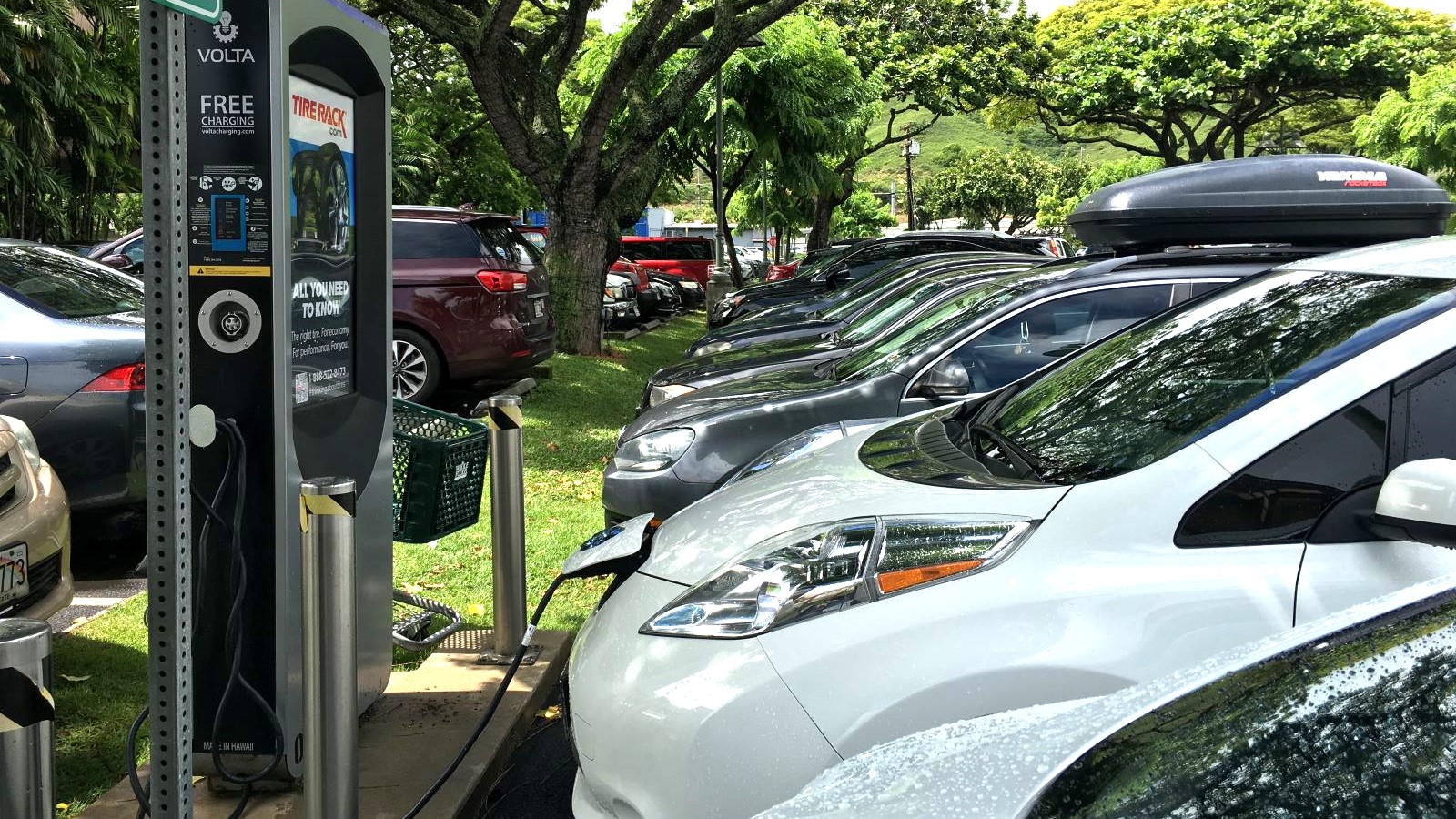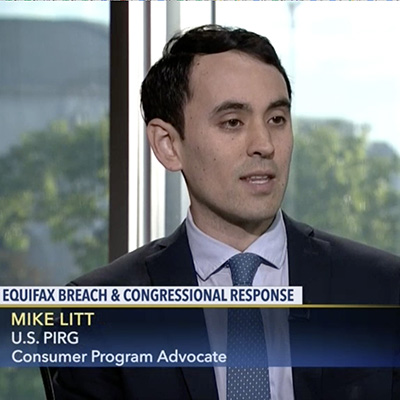
How discounts and incentives for electric vehicles should be improved
Our Consumer Campaign Director was invited to speak at the Consumer Federation of America’s (CFA) 56th Annual Consumer Assembly on a panel about consumer protections and climate change.
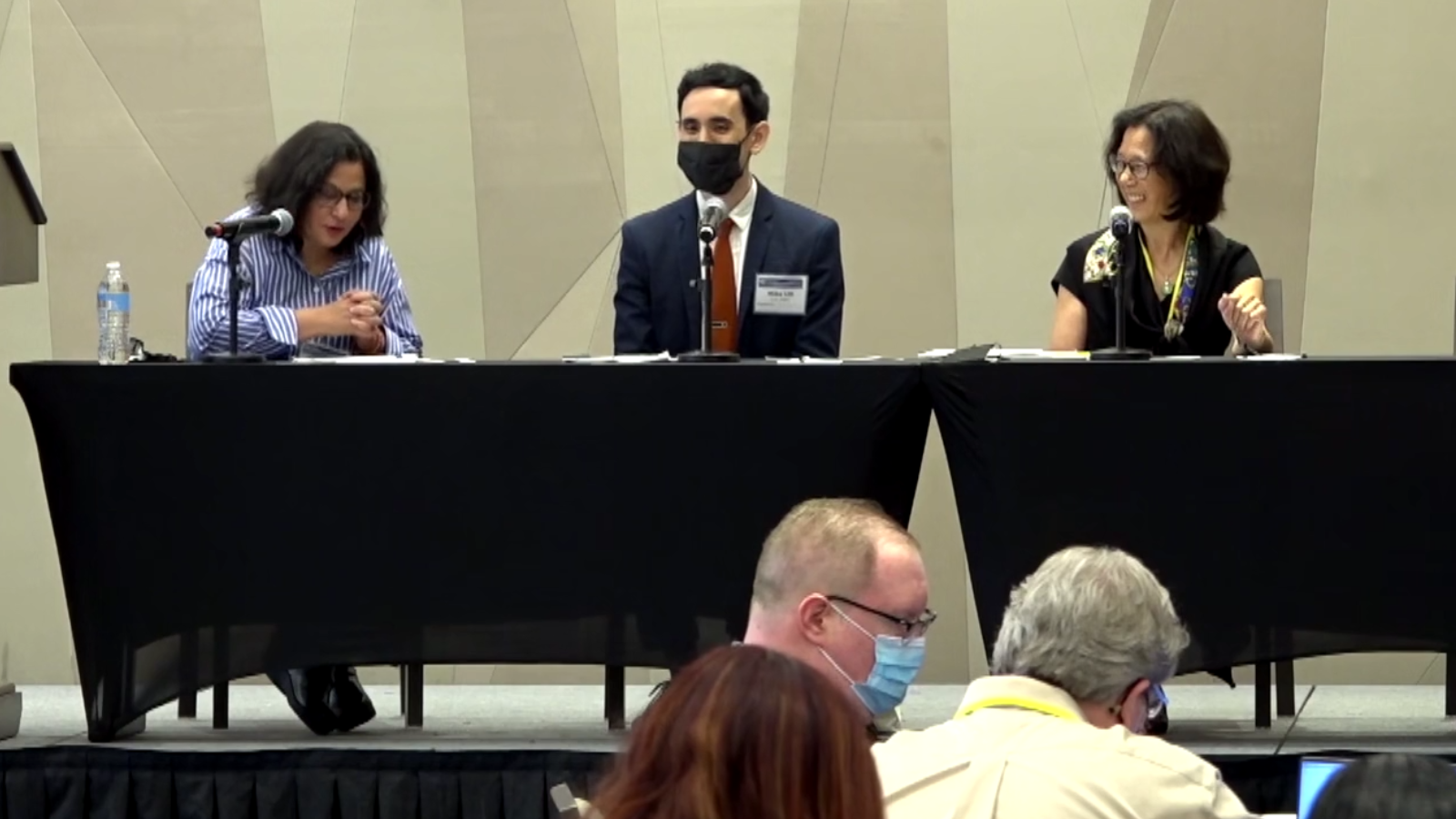
I was invited to speak at the Consumer Federation of America’s (CFA) 56th Annual Consumer Assembly on a panel about consumer protections and climate change. While I discussed a wide array of topics, the primary topic I was asked about was electric vehicle (EV) incentives and what the federal government can do to make EVs affordable. Here’s a recap:
Transitioning to electrification is a consumer protection issue
Affordability, whether we are talking about electrifying our vehicles or electrifying our homes, is a consumer protection issue when it comes to climate change policy.
First, as our friends at Consumer Reports have shown, owning a plug-in electric vehicle can save consumers thousands of dollars compared to owning a gas-powered vehicle. But it is true they can cost more on the front end.
Right now, with sky-high gas prices, consumers are at the mercy of industry interests and volatile fossil fuel markets. Congress should take action to bring down the upfront cost of EVs, not just to clean our air and make meaningful progress against global warming, but to free consumers from the whims of oil and gas companies.
On a related note, since President Joe Biden called for a three-month suspension of the federal gas tax last Wednesday, we should pursue my colleague Matt Casale’s alternative ideas to the gas tax ‘holiday’:
“Instead of subsidizing gasoline sales, why don’t we provide a ‘holiday’ on transit fares?…We could provide subsidies to offset the cost of e-bikes and conventional bikes. Or even pay people to ditch their cars altogether.”
Available electric vehicle incentives
You can get a federal tax credit for up to $7,500 when you purchase electric vehicles. Here are a few things to know:
-
It is non-refundable, which means you can cancel out the amount you owe in federal taxes, up to $7,500. So if you owe less than $7,500 in federal taxes, you won’t get the full amount.
-
The credit can only be applied to vehicles from automakers that haven’t sold 200,000 EVs in the United States yet. Tesla and General Motors have hit that threshold, so their cars are no longer eligible for that tax credit.
-
You can look up available federal EV incentives at fueleconomy.gov. And you can also look up state incentives at the Alternative Fuels Data Center.
Proposed improvements to the incentives
The Build Back Better Act would improve the federal electric vehicle tax credit. This bill passed the House but the Senate has not passed it. The bill’s notable improvements to the tax credit included:
-
It would make the tax credit a direct rebate at the point of purchase, so that you don’t have to wait until tax season to get your money back. It would make it a refundable tax credit, so you get the full amount regardless of how much you owe in federal taxes.
-
It would lift the cap of 200,000 EVs so that vehicles from all automakers are eligible again.
-
It would add a $4,000 tax credit for used EVs. Currently, only new vehicles are eligible.
Senators and the White House are still negotiating many components of the budget package formerly known as Build Back Better. While electric vehicle tax credits have not been completely taken off the table, they are in danger.
Charging stations
I didn’t get a chance to talk about this during the CFA panel discussion, but in addition to making EVs more affordable, we also need more public charging stations.
We will only get more EVs on the road if more consumers feel confident that they will be able to recharge them when needed.
The good news is that the Bipartisan Infrastructure Investment and Jobs Act, which was signed into law last November, is putting us on track to install thousands of electric vehicle charging stations across the country. It’s the first time we’ve had a dedicated federal program for charging infrastructure.
Investing in the transition toward electrification
In addition to the need for a transition toward electric vehicles, I also spoke to the need for:
-
Congress to help consumers afford the upfront costs of electrifying their homes
-
Insurance companies to stop insuring fossil fuel projects
-
The need to make it easier for Americans to get where they need to go on foot, bicycle or public transit — all of which either use no carbon, or minimize carbon emissions.
-
We should also extend rebates to electric bicycles.
I had been prepared to also note that Congress needs to stop giving away $20 billion a year in tax subsidies to the fossil fuel industry, but we ran out of time. But there’s still time for you to sign our petition to end those subsidies:
Add your name: Our tax dollars shouldn't be fueling the climate crisis

Topics
Authors
Mike Litt
Director, Consumer Campaign, U.S. PIRG Education Fund
Mike directs U.S. PIRG’s national campaign to protect consumers on Wall Street and in the financial marketplace by defending the Consumer Financial Protection Bureau, and works for stronger privacy protections and corporate accountability in the wake of the Equifax data breach. Mike lives in Washington, D.C.
Find Out More
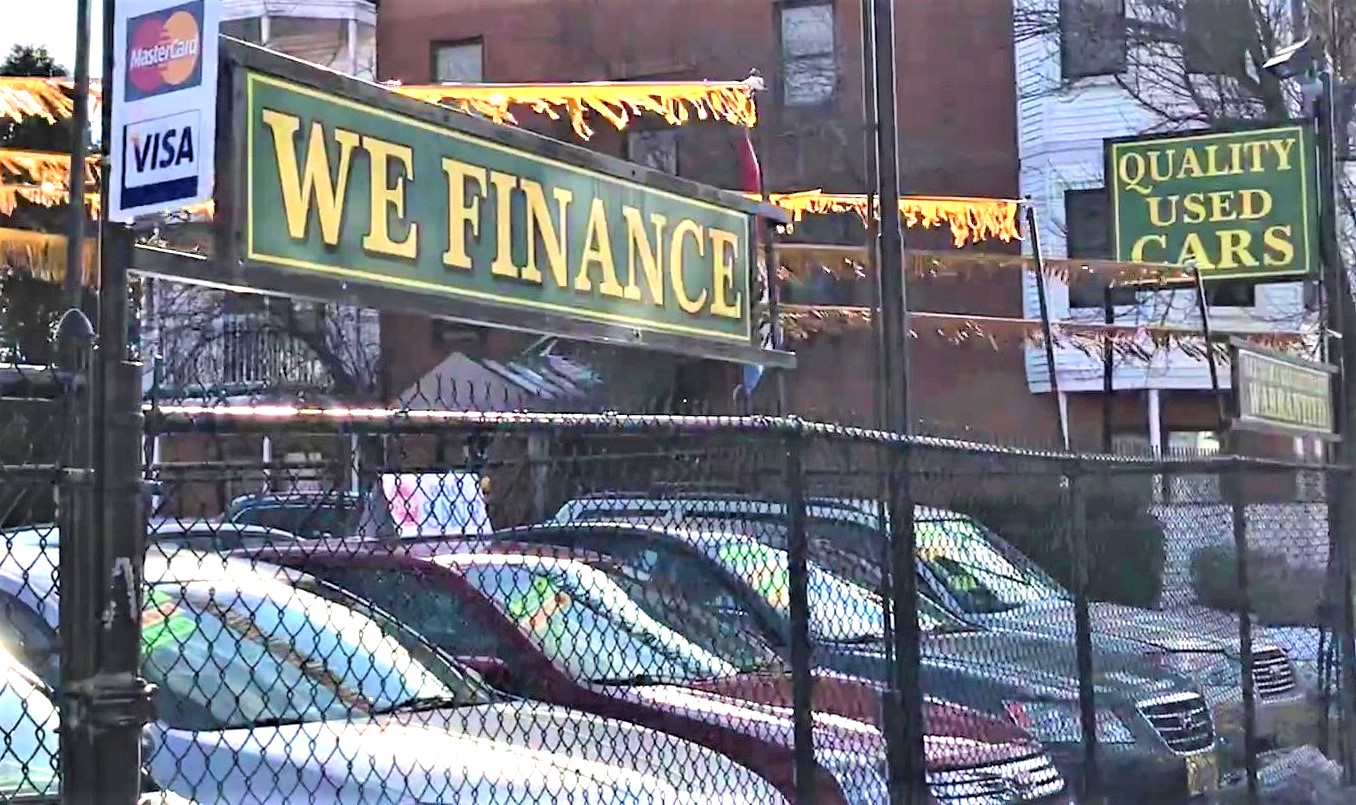
The auto industry has a sustainability problem. And it’s not just about the environment.
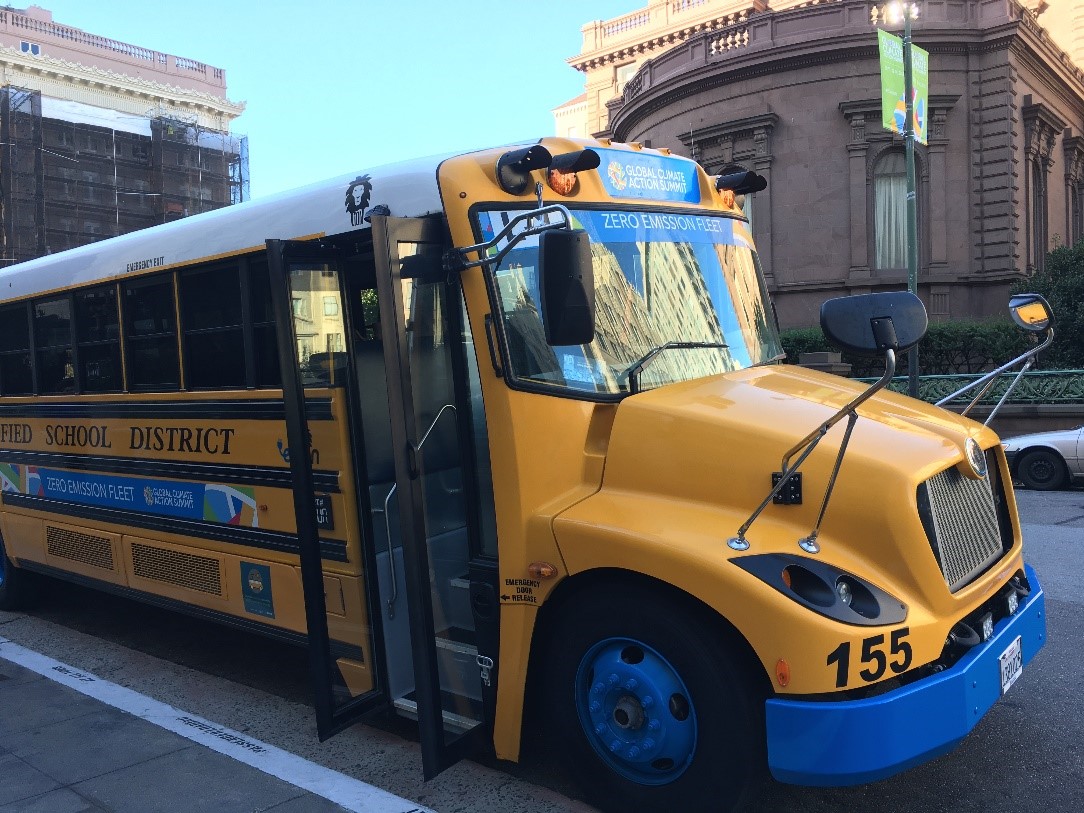
Back to school on an electric bus

You have the power: how to electrify your home with new tax credits
